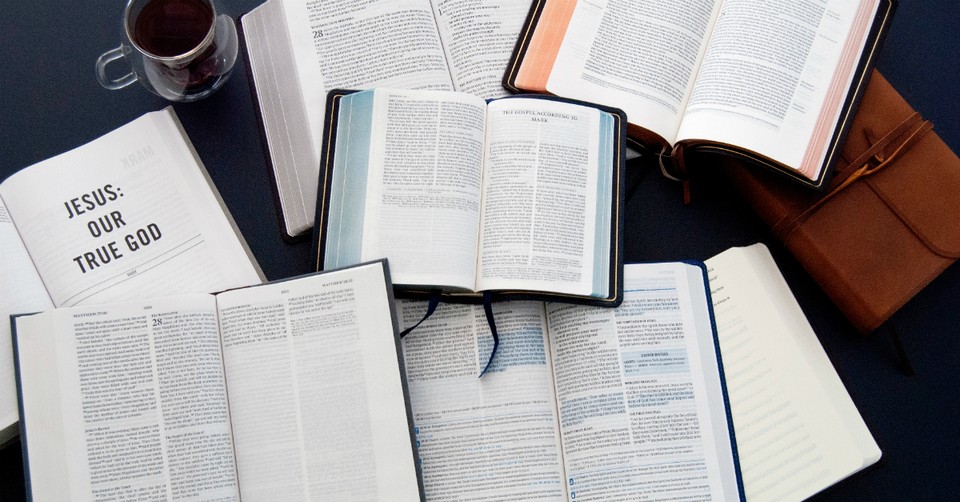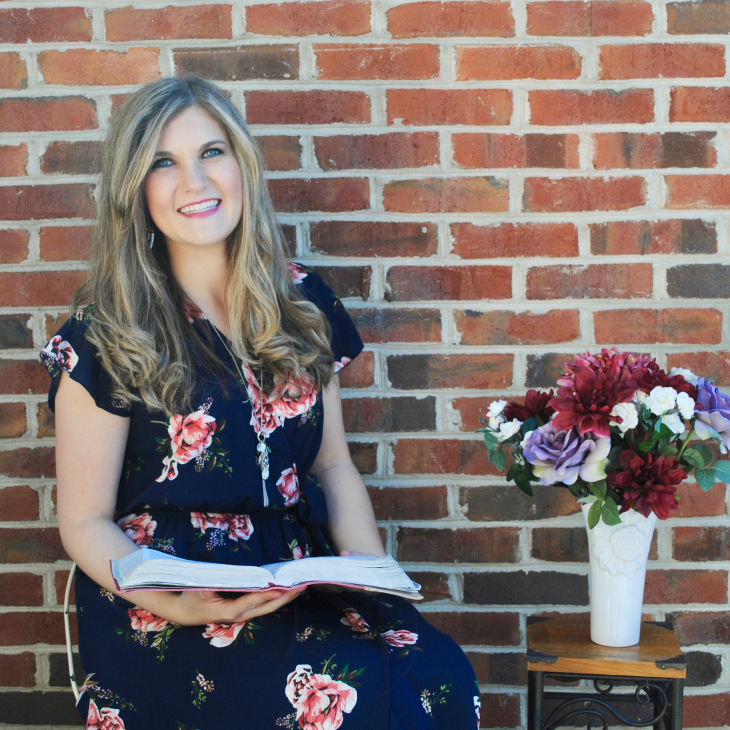Why Are There So Many Different Bible Translations?

Have you ever gone into a bookstore and looked through the many varieties of Bibles? There seems to be countless options. ESV, CSB, KJV, NIV, and you think: “It’s all Greek to Me!” (Pun intended.)
Although the Bible was originally written in Hebrew and Aramaic for the Old Testament and Greek for the New Testament, we have translations of the Scriptures in English today. So how did we get here? Are all versions accurate? Today we are going to explore why there are so many different versions of the Bible.
Why Can’t There Just Be One Bible Translation?
Perhaps you are asking this question, and it is valid. But before focusing on the negative, I want us to consider the joy and the great honor that God’s word has been translated into our language. Most people around the world do not speak or read the original languages of the Scriptures. However, we know that Jesus sent His disciples to go and share this good news of His life, death, and resurrection with the world.
Matthew 28:19-20 - “Therefore go and make disciples of all nations, baptizing them in the name of the Father and of the Son and of the Holy Spirit, and teaching them to obey everything I have commanded you. And surely I am with you always, to the very end of the age.”
There are people working tirelessly to get the gospel message, through the Bible, into every language. Wycliffe Global shared some statistics in September 2022, that 9.7% of all languages have the full Bible, 49% of all languages have at least some Scripture.
So, before we dig into this topic, may we remember the gift and the privilege to even have one full version of the Scriptures in our English language. We are in the top 10% around the world. Not only this, but we have multiple translations. What a blessing that is, and one which we so often overlook each day.
We know Jesus’ heart and plan is to get the message of the gospel to every nation. Heaven has people from every nation and every language present. We are invited by God to help this become a reality. Revelation 7:9 says, “And they sang a new song, saying: ‘You are worthy to take the scroll and to open its seals, because you were slain, and with your blood you purchased for God persons from every tribe and language and people and nation. You have made them to be a kingdom and priests to serve our God, and they will reign on the earth.’” (Also see: Revelation 7:9 and Revelation 14:6-7.)
The Finality and Authority of God’s Word
The Bible is a variety of documents originally compiled into one Holy book. The Holy Spirit inspired these Words; they are not manmade, they are God-given.
Psalm 18:30- “As for God, his way is perfect: The Lord’s word is flawless; he shields all who take refuge in him.”
Isaiah 40:8 - “The grass withers and the flowers fall, but the word of our God endures forever.”
Isaiah 55:11 - “So is my word that goes out from my mouth: It will not return to me empty, but will accomplish what I desire and achieve the purpose for which I sent it."
Matthew 24:35 - “Heaven and earth will pass away, but my words will never pass away.”
2 Timothy 3:16 - “All Scripture is God-breathed and is useful for teaching, rebuking, correcting and training in righteousness, so that the servant of God may be thoroughly equipped for every good work."
Hebrews 4:12 - “For the word of God is living and active, sharper than any two-edged sword, piercing to the division of soul and of spirit, of joints and of marrow, and discerning the thoughts and intentions of the heart.”
If you are interested in reading the Bible in the order in which events took place, check out this Chronological Bible Reading Plan.
The 3 Types of English Translations
According to The Chara Project, there are three types of translations in English.
1. Literal/Formal Translations (Also known as Word-for-Word)
Chara shares, “Attempts to keep the form and meaning of the original language in words, grammar and structure as close as possible to the author’s original intent. Readability and understandability are not the primary focus.”
When someone takes the original language of the Bible and places it into our language, things may not always read as smoothly. However, a word-for-word version is the closest translation of how the sentences were shaped from the first manuscripts into English.
Bible Versions that are Literal: NASB, ESV, KJV, and NKJV
2. Readable/Dynamic Translations (Also known as Thought-for-Thought)
Chara shares, “Attempts to convey the original meaning and to be readable in contemporary English, using language and idioms that would be understood by modern readers.”
Bible Versions that are Readable: NIV and NLT
3. Paraphrased
Chara shares, “There is less emphasis on using the actual words of the Hebrew and Greek and is often not considered an official translation of the Bible.”
Bible Versions that are Paraphrased: NiRV, TLB and The Message
Special Note: There is a 4th category recognized by some. The CSB and NRSV would fall under this called: Meaning-for-Meaning. These versions are one step below Literal and one step above Readable.
Where Do We Go from Here?
Do you have a Bible? If so, that is great! Getting into God’s Word is vital to growing in a relationship with Him. He is our hope and our joy. Reading His Word and using platforms such as Bible Study Tools to assist us is ultimately leading us to the goal of getting to know Christ and bringing Him glory.
Personally, I would recommend a Literal or a Readable Bible version as your main Bible. However, having a paraphrased Bible is not a “bad” thing, it is just not going to be very accurate to what God actually said, but rather relaying an idea.
Consider the concept of taking a vitamin or a supplement. They are helpful, but they are not equivalent to eating a healthy diet. However, when paired with real vegetables, protein, etc., a vitamin can help support the real foundation. Nothing can replace God’s Word; we are called not to add or take away from His Word. So when we get into paraphrase territory, I would not place these in the same category as literal or readable translations, although they can assist in our modern day comprehension. Paraphrase can be more of someone’s interpretation, so it is beneficial to compare translations.
Always remember as well that the most important part is the core message of the Bible: the gospel of Jesus as the only way to salvation, the identity of God as Trinity and Creator, and that we have all sinned and fall short of God’s glory. The dangers on either side can become legalism or disobedience. We want to uphold God’s Word with integrity, but also not be so tied to a specific version that we miss the message of the Bible as a whole and purpose of it.
As you look through the book store for your next Bible, consider these other versions. As you purchase a first Bible for a young child, consider the readability for understanding. As you want to try a new type, consider a different version to read and connect with God through. At the end of the day, let us be grateful. Glory to God that we have the Bible in English. Thank you Jesus for your saving message of eternal hope for all who believe in You.
Photo credit: ©SparrowStock
Originally published August 02, 2024.





